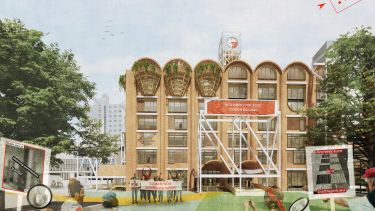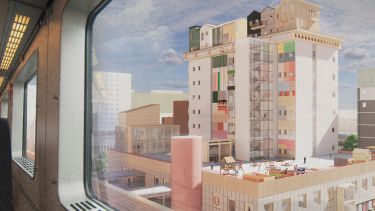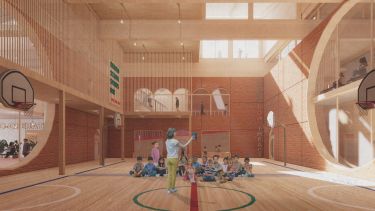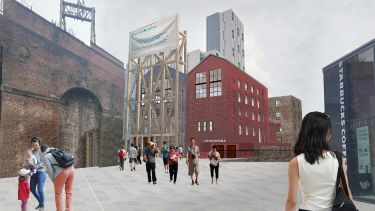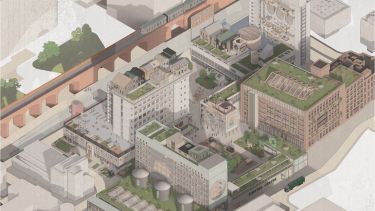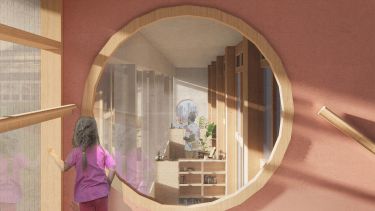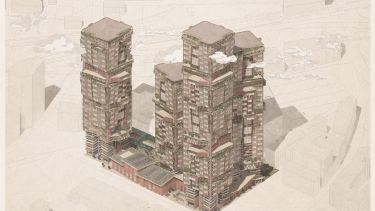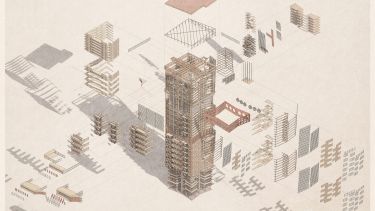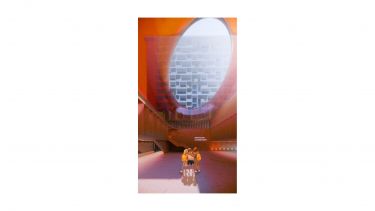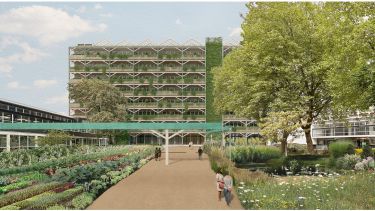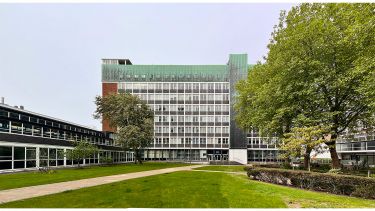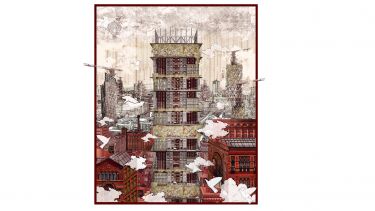Housing the Public
Focusing on the environmental upgrade and re-use of existing buildings for zero carbon living.
2020 was the hottest year on record. The UK signed the The Paris Agreement in 2015 to limit global warming to 1.5°C compared to pre-industrial levels.
Any increase beyond 1.5°C of global warming will cause natural tipping points to be set into motion and for the climate to change irreversibly. On current trends the world is likely to reach 1.5 °C in the next ten years and is heading for 3°C at best.
In order to stop further global warming we need to reach net carbon zero in the next decade. Our buildings have a huge role to play in this - 49% of UK’s carbon footprint is attributed to the built environment, our homes making up almost 20% of this total.
To put this into context, we have the poorest performing housing stock in Europe, with the average home consuming the same amount of CO2 per year as eating two steaks everyday.
(In 2021-2022) With 80% of our existing buildings estimated to remain by 2050 and the retrofit of these buildings over the next 10 years is considered ‘the most significant issue in achieving carbon neutrality’ by UK Committee on Climate Change.
The studio focused on the environmental upgrade and re-use of existing buildings for zero carbon living. The figures were startling and disturbing.
The studio looked at the absurdity of where we were, how we got there, whether people realise the severity of this situation and what we could do about it. Perhaps most importantly was how we proposed inspiring alternatives for living collectively.
Manchester was our city of study, where the council pledged to be carbon neutral by 2038 - even faster than the UK target of 2050 yet is still building towering monoliths of concrete, steel and glass.
Buildings constructed last year (2020) will have needed to be retrofitted in the next decade - why is this allowed to happen and do people realise?
Between 2021 and 2022 we’ll sought to work with film and modelling tools to disseminate our work and messages to the wider public whilst speculating on bold alternatives.
The scale of retrofit required aimed to have a dramatic impact on what our towns and cities looked like. How this was to be done was an exciting design opportunity that we will continue to explore from a position of local distinctiveness and material frugality.
We must propose better ways of living together that are more lucrative for people and planet.
Studio tutor
Jo Sharples

Masters study discovery afternoon
See where a Sheffield masters could take you with our on-campus event. Get expert advice, take a campus tour and chat to current students.

